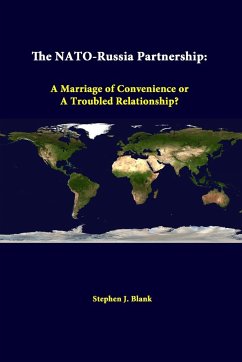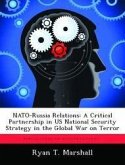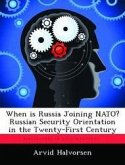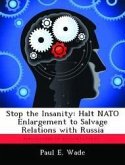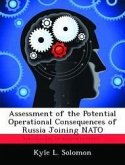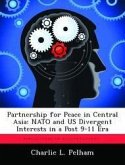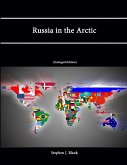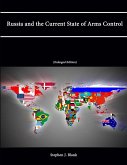Soon after the attacks of September 11, 2001, Russian President Vladimir Putin pledged Russian support to the U.S. campaign against terrorism. Putin's actions triggered a process that also led to a Russo-North Atlantic Treaty Organization (NATO) rapprochement and Russian membership in a newly formed NATORussia Council created by the Treaty of Rome in 2002. However, since then this partnership has been a rocky and ambivalent one. And as East-West relations deteriorate, as they have over the last four years, the stresses in this partnership bid fair to outweigh the benefits to the players involved. Accordingly, this monograph focuses on the Russian side of this relationship and seeks to uncover, as well as analyze, the reasons for Russia's growing ambivalence toward NATO and the growing sense of estrangement between these two key actors in Eurasian security. Professor Stephen J. Blank's monograph grew out of a paper prepared for a 2005 Paris conference of Franco-American diplomats.
Hinweis: Dieser Artikel kann nur an eine deutsche Lieferadresse ausgeliefert werden.
Hinweis: Dieser Artikel kann nur an eine deutsche Lieferadresse ausgeliefert werden.

